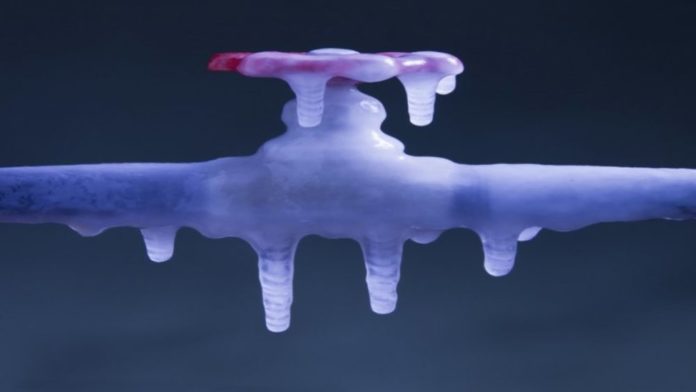
During the summer, we had a problem dealing with excessive heat. During winter, we have to deal with the extremely low temperatures that are causing a lot of trouble for us and our homes. The truth is, every season has its own pros and cons, and it is up to us to adapt and deal with them the best we can.
Today we’re going to focus a bit more on winter, and some of the issues that low temperatures can cause. One of the most known problems during the winter season is the freezing of pipes. If you are not being careful, a small freeze can lead to a much more complicated problem, with the final stage being the complete burst of a pipe that can cause a lot of property damage.
If you live in an area where the temperatures are dropping way below zero, and you think that your home might be exposed to a problem of this kind, it is advisable that you stay with us until the end of this article and learn some more about the best ways to prevent this from happening to you. Let’s not keep the introduction any longer and jump straight into the content.
Table of Contents
What makes a pipe freeze?
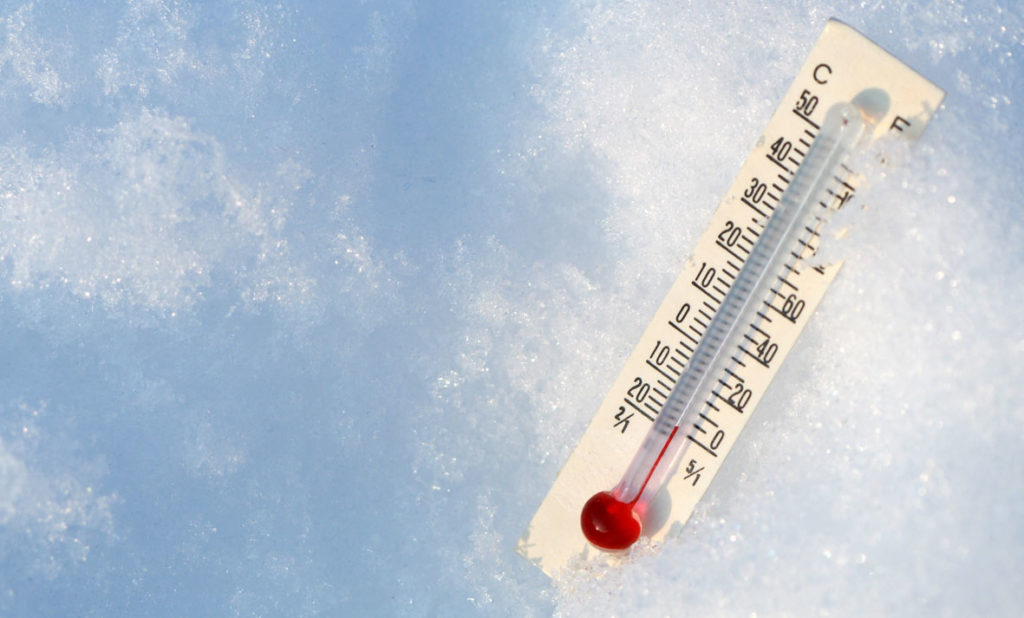
The low temperatures during the winter periods are making the water inside the pipes freeze. The actual pipe is pretty resistant to weather, but it’s the water inside that causes all of the issues. Here’s what happens.
If you constantly have water in your pipes, which is obviously what’s going on if you’re living in that particular place, when the temperatures drop by a lot, usually during winter nights, the water will turn into ice. This will cause a blockage into the pipe and prevent other water to run through, causing an unbearable amount of pressure inside. If the pressure gets too high, and it will unless you quickly realize this and turn off the water, your pipe will burst.
What happens if my pipes burst?
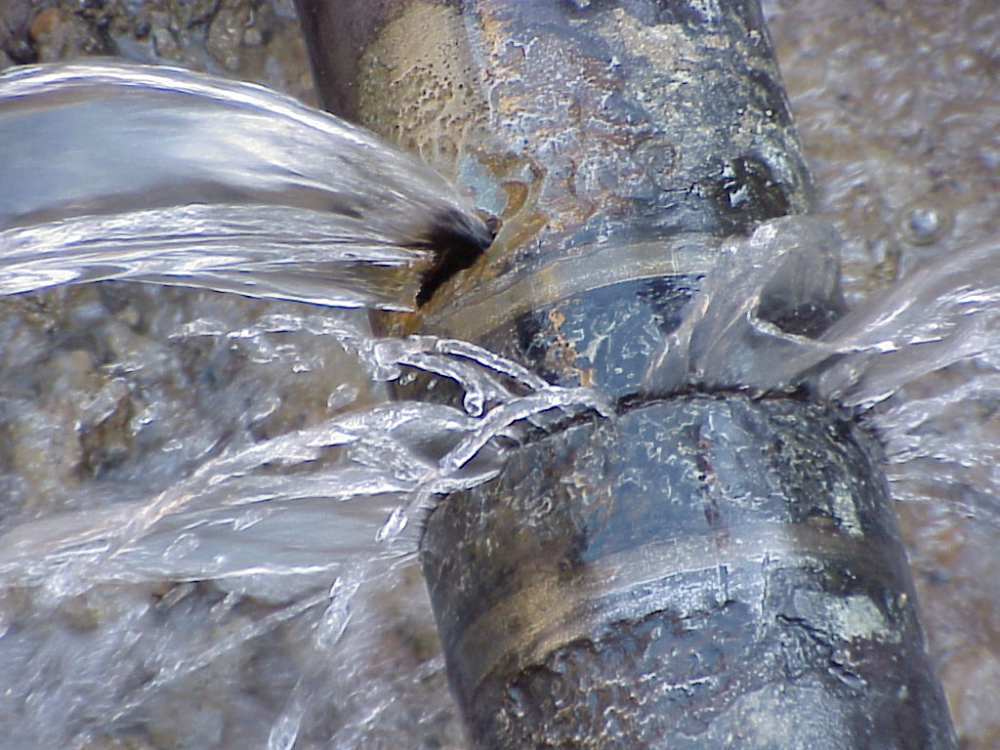
If an outdoor pipe bursts, it’s still a huge problem and it will definitely cost you some money to repair it. However, if an indoor pipe bursts, that’s where a catastrophe can happen. You will suffer a lot of property damage, and if the water gets to any electricity someone might get seriously injured.
So, how do I prevent this from happening?

There are numerous things that you can do in order to prevent pipe bursts and freezes from happening in your home. Let’s take a look at some of the most common and widely-used methods that people apply.
Please note that most of these are Do-It-Yourself type of fixes, so if you are experiencing a much bigger problem than what we described, you might want to consider calling a professional team to deal with your situation.
Here are some of the best methods.
Warming up your pipes
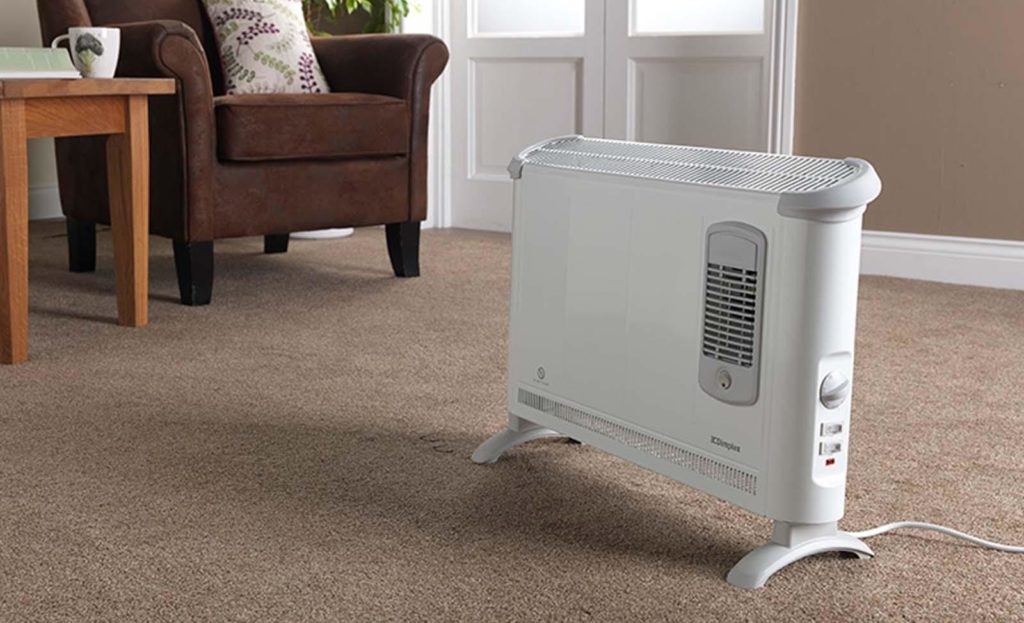
If you know that your pipes tend to freeze a lot in a particular area of your home, you can do a couple of things to make sure that the temperatures are not dropping so much there during the winter. For example, if you have a basement, that is usually very cold and left unheated for most of the season, you can place a portable heating panel right next to your pipes in order to prevent the freezing of water.
Wrapping things up
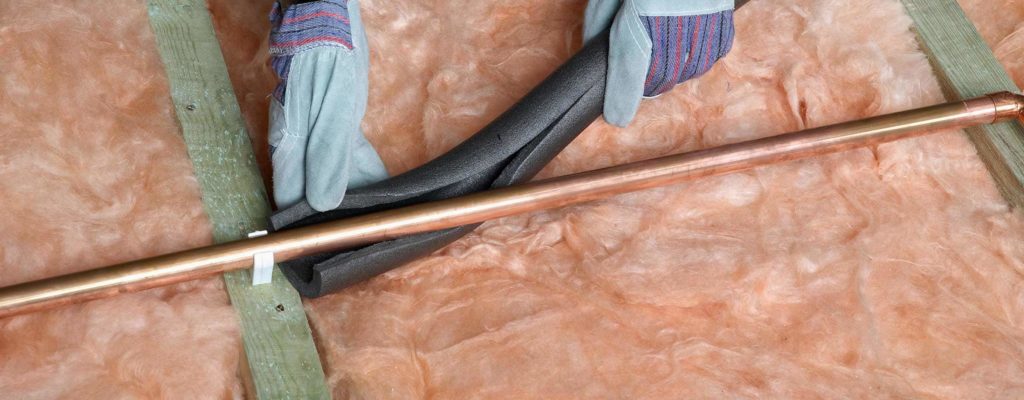
You’ve probably never heard about this idea before, but it is actually something that many people who live in cold areas do during winter times. You can wrap your pipes in foam or other materials that can keep them warmer, and this will keep the temperatures high enough to prevent ice from forming inside of the pipe.
The best way to do it is by using heat-tapes, so make sure to visit your nearby hardware store and make the required purchase that will save you from a cold-water catastrophe. Don’t be afraid to spend some more money on this, and think of it as an investment. Why? Because if your pipes do end up bursting, you will have to spend a lot more money to solve the problem.
Besides, the things that you’ll purchase are usable for the next couple of winters as well. You just can’t get enough insulation for these things during harsh winter periods, so the more you have, the better it is.
What happens if my pipes burst?
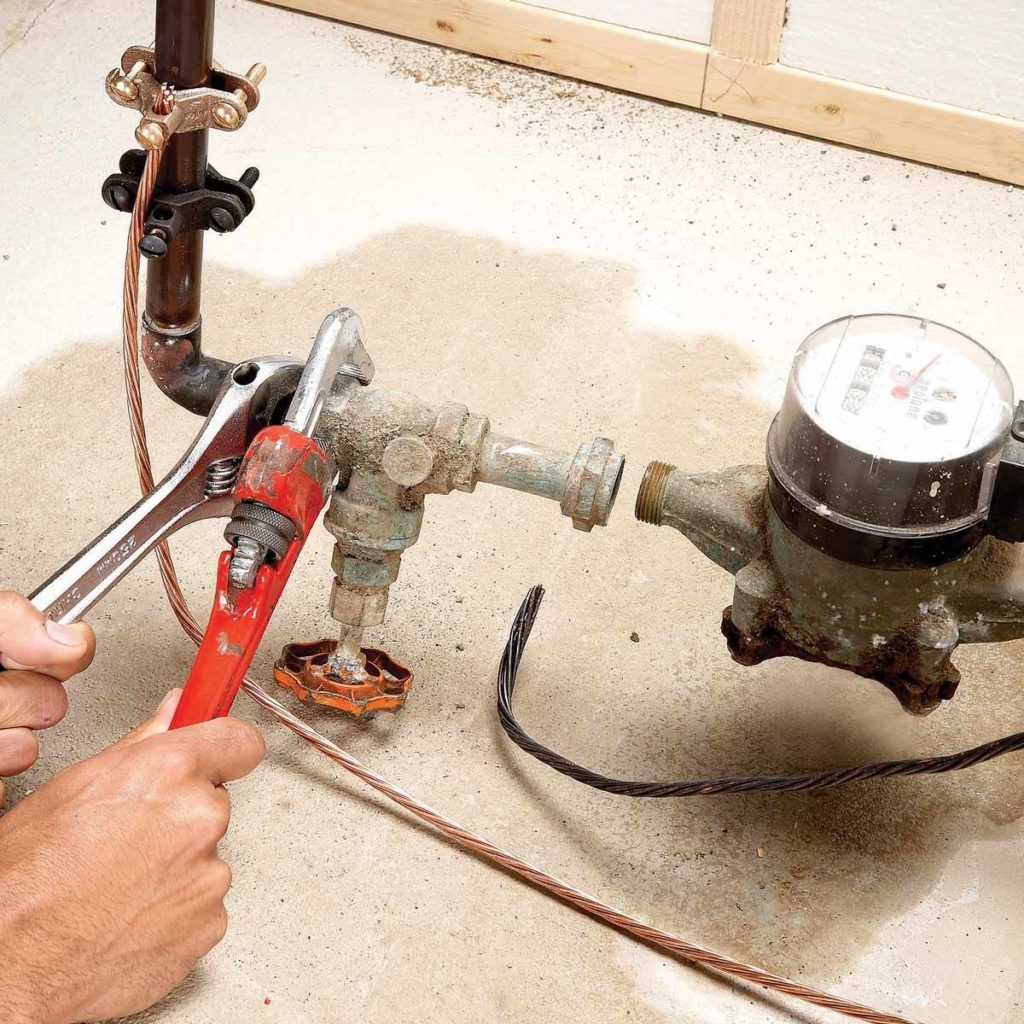
If you do all of the things that we listed above correctly, chances are that your pipes won’t freeze or bust. But, accidents do happen even when we’re being extra careful, so let’s take a look at some of the things that you can do if your pipes do burst.
First of all, you’ll have to completely shut off your water supply, according to www.GTARestoration.com. Next, you’ll have to identify which one of your pipes is the one that cracked. This might be hard to do if you are living in a larger house, or if the problem is right outside of your home, but everything is covered in deep snow. You’ll have to give your best to find the problem however since this step is pretty important.
When you finally find it, you need to call professional service and wait until they arrive. Attempting to replace a burst pipe is pretty impossible to do by yourself, especially when you don’t have the required gear and tools. Instead of causing a bigger problem, leave it to the professionals. Remember to keep your water supply off until everything is completely replaced and good to go.
Will this cost me a lot?

We’re going to be pretty direct about this, and yes, it might cost you a few hundred bucks to get this problem completely dealt with, which is one of the main reasons why we encourage people to invest in insulation materials and heating tapes for your pipes. It is much cheaper than having to go through all of these repairs and replacements in case you allow your pipe-system to freeze or burst.







